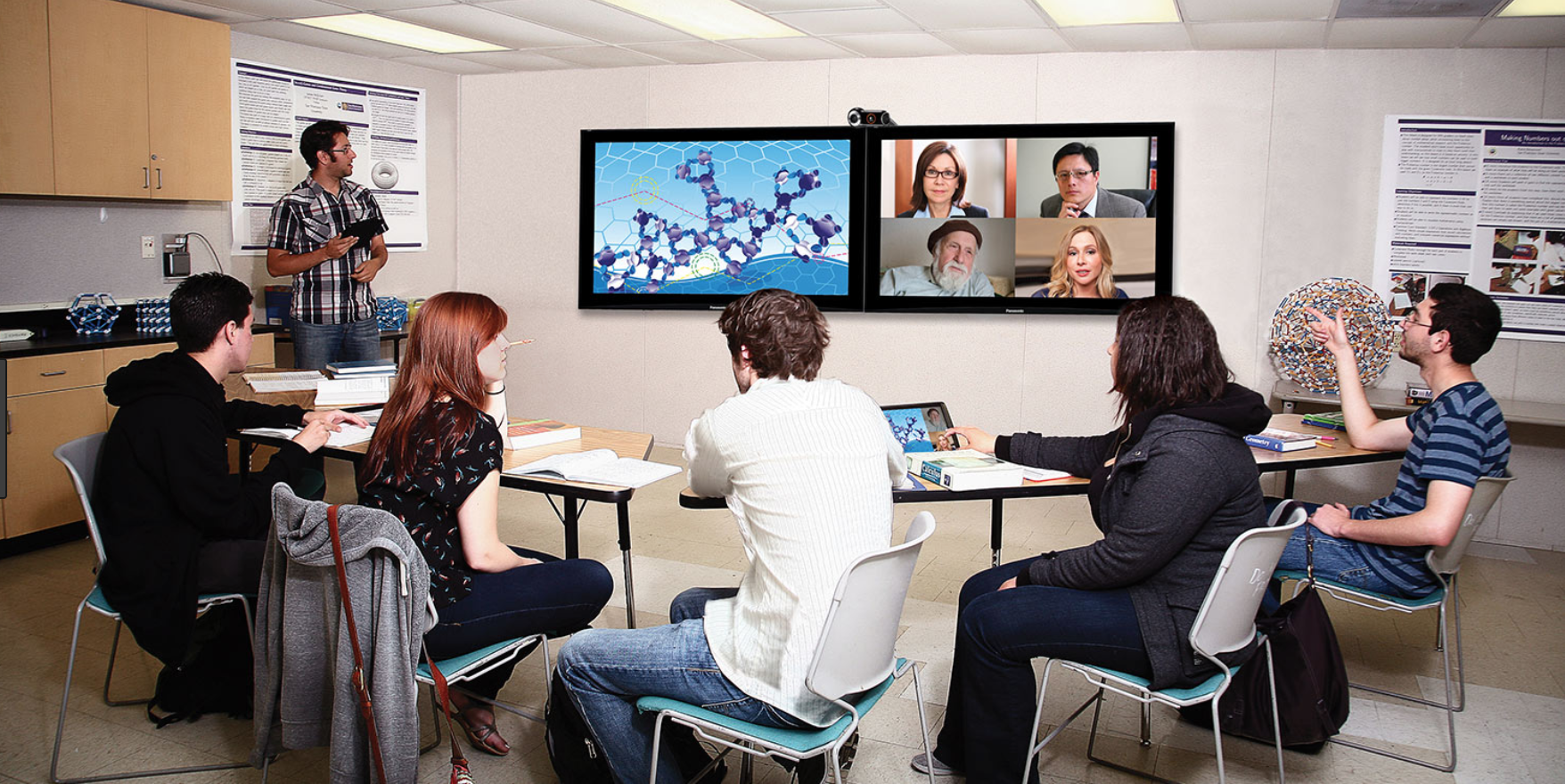I want to preface this by saying that I'm not a teacher, never studied teaching, and the closest experience I've had to doing teaching was on a week-long holiday camp as part of an outreach trip in high school. But I've been close to many people that are teachers, and seen some of the things that have been difficult for them. I've also, of course, been through the system myself as a student, but that was a little while ago now. I have also done some research on the issue before, for previous videos. I'll also be speaking to what I understand of the education system in Australia, though I'm sure bits and pieces will apply across to other countries too.
From the perspective of the teacher, and from the perspective of the student, there are different issues that arise. I'll look at the former first.
For the teacher; the hours are long. It's hard to estimate just how many hours teachers do, because they're basically always taking their work home with them. The pay is not great, particularly considering the number of hours. And the amount of work. And the added responsibilities, it seems, year after year. Funnily enough, less people are studying to become teachers. Everywhere, there seems to be a shortage. Burnout is high. Many new teachers quit after just a few years - about the time it took them to study to become a teacher in the first place. Class sizes are growing, which makes the teacher's job even harder.
For the student; they are often required to learn many things that they will never again use. Much of the learning is steered directly towards getting good results in tests, so they can get that uni degree, so they can get that job. Learning about life skills, and how the world works, is limited. Students are often lost amidst a sea of faces, particularly in larger schools, and students with specific needs or disabilities can especially struggle. The system, more often than not, just isn't built for them. You have to find a special school, or a special program, and even then there's no guarantees. The testing that's done often just builds stress more than it produces results (I did a whole video on that here). Even when kids want to learn - often they don't learn that much they're interested in.
There are a lot of problems. The main reason for much of it, of course, is that the education system as we know it was built in a world that doesn't really exist any more. It's changed slowly over the years, but the world has changed much more quickly. The system can't keep up. We need a new one.
I'm not going to pretend to have the answer. But I have ideas. They might be terrible ideas, they might be great ideas - I'll let you make your own conclusions.
One possibility is utilising technology at a much greater level. Using things like VR, and having a virtual school, rather than a physical school. The tyranny of distance disappears, and suddenly the main issue becomes your internet speed. You could also use an online platform to do teaching in a more self-guided fashion, with students choosing more specifically what they want to learn about, using pre-made content online and having teachers available if they have questions. Something similar to this does exist in Khan Academy, and it feels like an idea that could be implemented more widely (though obviously you then lose the in-person interaction aspect).
Another idea is to try and split what a school is trying to do, or what a teacher is trying to do, into multiple roles. In a practical sense some people do this by splitting a full-time position into multiple part-time positions, but I'm thinking more about the specific tasks a teacher is trying to do rather than the time itself. I'm not sure exactly how you'd split it; perhaps one person being a subject expert, another doing admin, another doing something more like student care? I'm sure other people would have better ideas.
Of course, these are big changes that I'm talking about, in a big system. That's not really something that happens with any speed, unfortunately, short of a catastrophe occurring (though many would argue that one is on its way). And so measures in the interim such as raising salaries, placing less expectations on teachers, reducing homework - these sorts of things can be helpful. But there are larger issues at play here that will need to be addressed at some point. We need to get education right. For all of our sakes.
